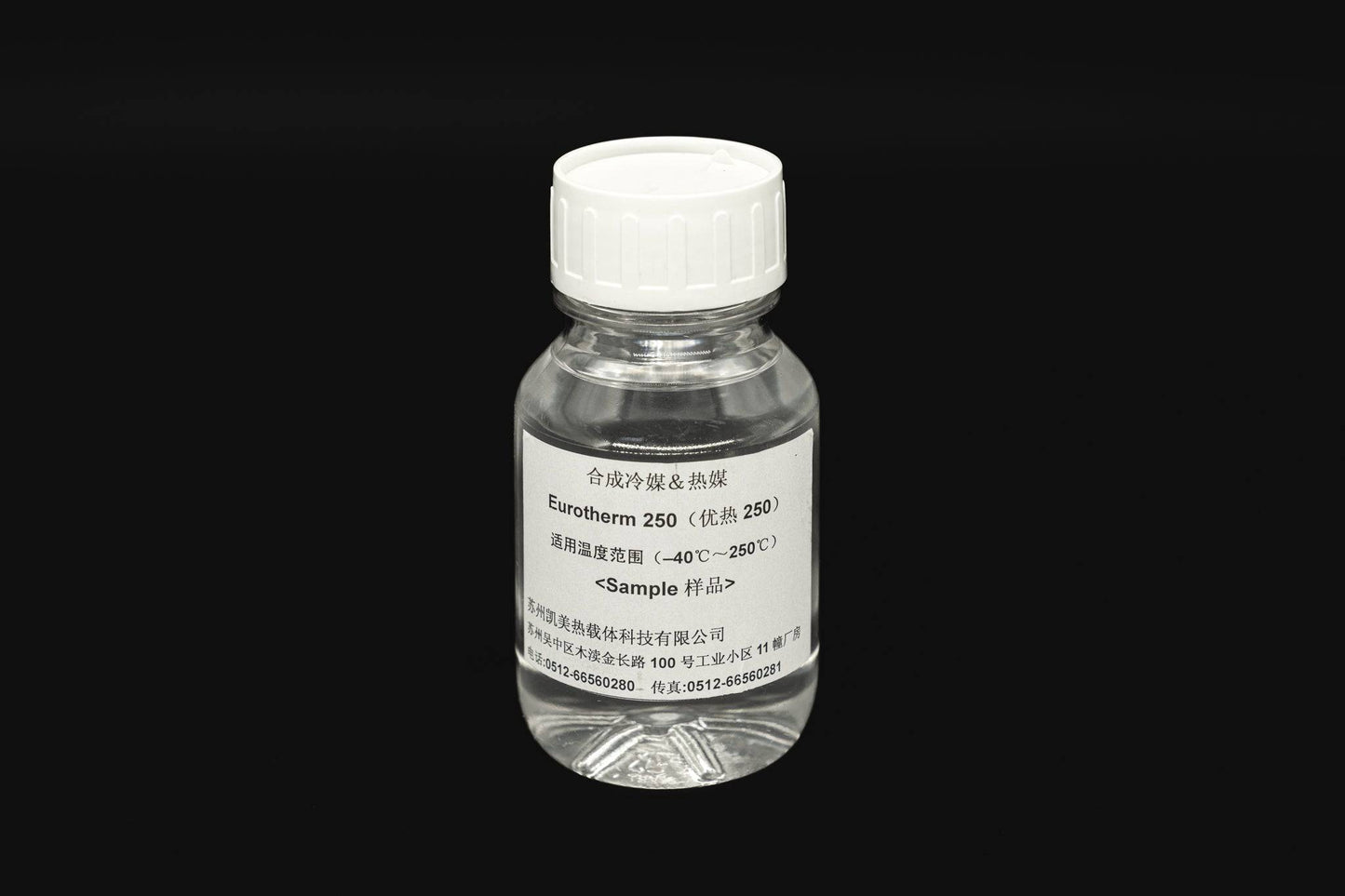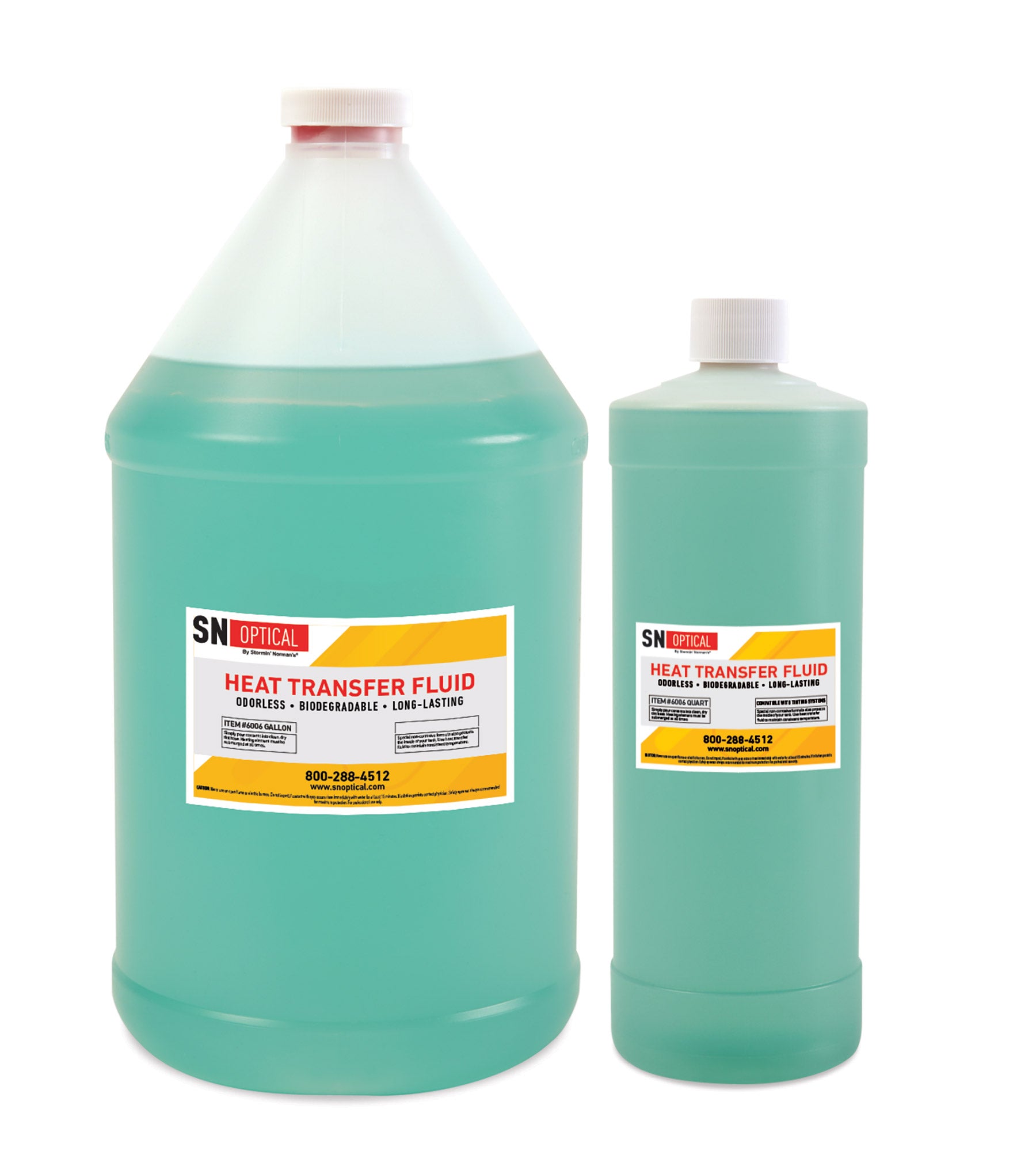Exactly How Heat Transfer Fluid Impacts the Efficiency of Heating And Cooling Systems
Exactly How Heat Transfer Fluid Impacts the Efficiency of Heating And Cooling Systems
Blog Article
How Warm Transfer Fluid Adds To Lasting and Cost-Effective Operations
In the contemporary commercial landscape, the role of warmth transfer fluids (HTFs) in promoting lasting and inexpensive procedures can not be overstated. These liquids are pivotal in maximizing thermal monitoring systems, thereby substantially boosting energy performance and lowering operational expenses. heat transfer fluid. The environmental advantages of sophisticated HTFs, with their high thermal stability and reduced poisoning, are indisputable.
Comprehending Heat Transfer Liquids
In the world of thermal management, warm transfer liquids (HTFs) serve as vital representatives for moving thermal energy from one location to one more. These liquids play a crucial function in numerous industrial applications, including chemical processing, power generation, and Cooling and heating systems.
The structure of warm transfer liquids can vary significantly, including options such as mineral oils, synthetic oils, glycols, and molten salts. Each kind provides distinctive benefits, such as boosted thermal stability, reduced viscosity, and high boiling factors, which are chosen based upon particular functional demands. The selection of HTF influences not only the effectiveness of warm transfer however additionally the durability and safety of the system in which it is employed.
As sectors remain to introduce, the growth of advanced HTFs, characterized by their boosted thermal conductivity and decreased environmental effect, is vital for meeting the demands of modern thermal monitoring difficulties.
Enhancing Energy Efficiency

Improving power performance has actually come to be a critical worry throughout various industries, triggering a more detailed examination of warm transfer fluids' role in enhancing thermal administration systems. These fluids are important to keeping the wanted temperature in procedures, thereby minimizing energy waste and improving general system performance. By selecting an ideal warmth transfer liquid, industries can substantially improve their energy performance, causing lowered energy intake.

Advanced formulations of heat transfer fluids have actually been created to endure severe temperature levels while maintaining security and efficiency. These innovations extend the operational life-span of the fluid, decreasing the frequency of substitutes and energy-intensive maintenance activities. Additionally, making use of synthetic or bio-based liquids offers extra benefits in regards to reduced ecological impact, aligning with global sustainability goals. Improving energy efficiency through ideal heat transfer fluid option is not just a technological necessity however additionally an ecological important.
Decreasing Operational Expenses
Functional costs are a substantial consideration for sectors looking for to maintain affordable benefit, and the choice of heat transfer fluid plays a vital function Check This Out in price monitoring. Picking an appropriate heat transfer liquid can result in substantial cost savings by improving system effectiveness and lowering energy usage. High-performance fluids minimize thermal destruction, which subsequently minimizes the regularity of liquid replacement and downtime connected with check that upkeep, therefore decreasing operational expenses.
Additionally, heat transfer liquids with remarkable thermal security and corrosion resistance extend the lifespan of devices. This minimizes the demand for frequent repair work and substitutes, which can be costly and disruptive to procedures. By purchasing premium fluids, markets can accomplish long-lasting decreases in maintenance prices and enhance the integrity of their systems.
In addition, advanced heat transfer fluids often display lower viscosity at running temperatures, which improves pump effectiveness and minimizes power usage in fluid circulation. This optimization of power consumption straight equates into lowered operational prices. Several contemporary heat transfer liquids are engineered to operate efficiently over a wide temperature level variety, decreasing the demand for several liquid kinds, consequently streamlining inventory needs and minimizing connected costs. These variables collectively contribute to even more lasting and cost-effective procedures.
Ecological Influence Decrease
The push towards minimizing environmental effect has actually obtained momentum in sectors leveraging warmth transfer liquids. Firms are increasingly acknowledging the relevance of lessening eco-friendly footprints by taking on sustainable methods. Warm transfer liquids (HTFs) play an important duty click here for more info in this shift, supplying possibilities to improve power effectiveness and minimize exhausts. By picking HTFs with high thermal security and reduced toxicity, markets can make sure very little leakage and destruction, therefore decreasing dangerous environmental launches.
Moreover, using sophisticated heat transfer liquids adds to improved system effectiveness, minimizing the total power consumption. This reduction not only leads to cost savings however likewise decreases carbon dioxide emissions, aiding in the fight versus climate adjustment. Fluids that are naturally degradable and recyclable further enhance sustainability initiatives, as they diminish waste and advertise round economy practices.
Furthermore, incorporating HTFs right into closed-loop systems avoids fluid loss and contamination of the surrounding atmosphere. This technique guarantees that fluids are reused, minimizing the need for brand-new sources and limiting waste generation. By accepting these ecologically mindful strategies, markets can significantly lessen their environmental effect while keeping high functional effectiveness, aligning with worldwide sustainability goals and regulatory demands.
Choosing the Right HTF
Picking the proper warm transfer fluid (HTF) is an important action in progressing ecological sustainability within industrial procedures. The choice of HTF directly affects system effectiveness, power consumption, and ecological effect. An excellent HTF should have a high thermal capability, low thickness, and high thermal conductivity to make sure effective warm transfer. Furthermore, its security over a broad temperature variety is crucial to stop degradation, which can cause increased exhausts and waste.
This makes certain durability and reduces upkeep expenses. The liquid ought to be safe and naturally degradable, lessening its ecological footprint and making sure conformity with ecological laws.
Conclusion

Report this page